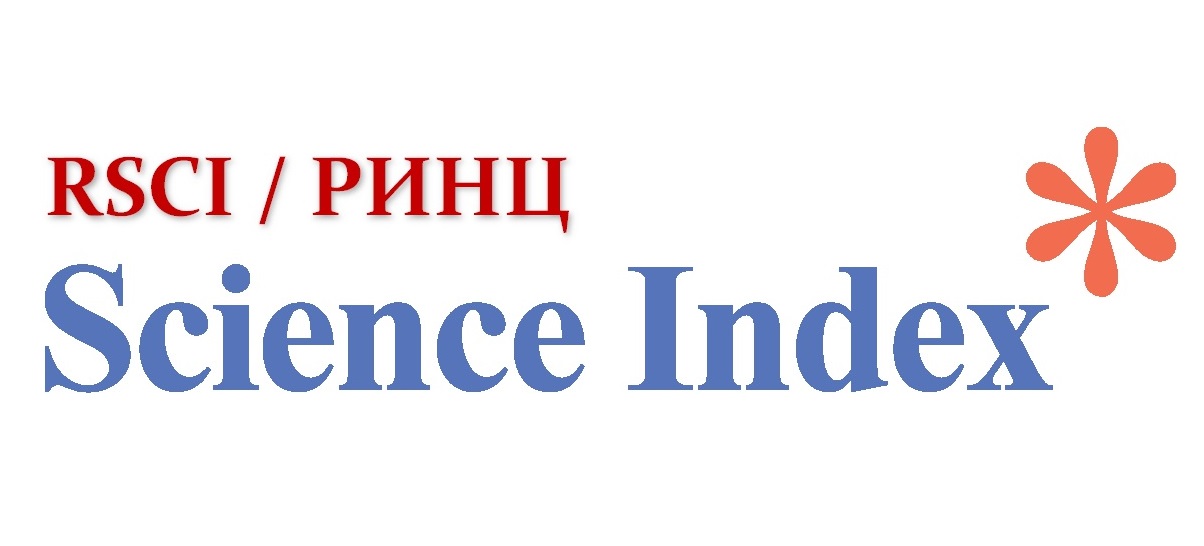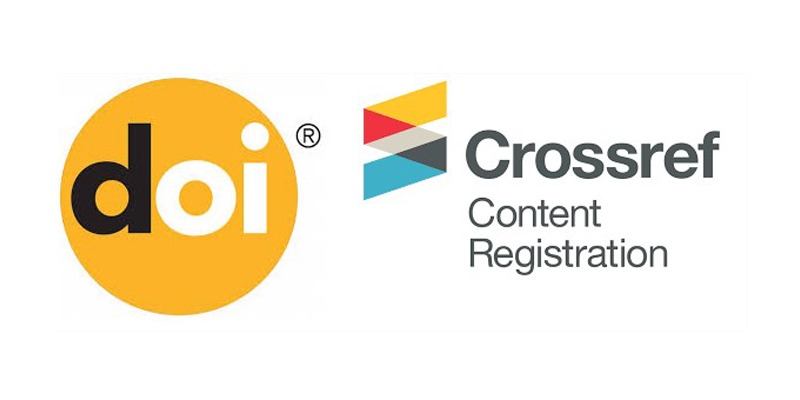Income differentiation in Kazakhstan: an in-depth examination of its economic and social drivers
Views: 604 / PDF downloads: 333
DOI:
https://doi.org/10.32523/2789-4320-2024-2-91-103Keywords:
income inequality, economic growth, Autoregressive Distributed Lag, social aid, Gini indexAbstract
This study comprehensively identifies and quantitatively assesses the factors influencing income differentiation in Kazakhstan, demonstrating the multifaceted relationships between income inequality and various economic indicators. Utilizing a quantitative research methodology, the investigation employs an Autoregressive Distributed Lag (ARDL) model to analyze the impact of GDP, real income, social aid, migration, and inflation on the Gini index of Kazakhstan from 2001 to 2022. Data was sourced from the Bureau of National Statistics of the Agency for Strategic Planning and Reforms of the Republic of Kazakhstan, ensuring a robust and reliable foundation for the analysis. The investigation highlights the relevance of addressing income inequality in pursuing economic growth balanced with social justice, emphasizing the global commitment to sustainable development goals. The results show that GDP growth and migration contribute to reducing income inequality, whereas increases in real income and, unexpectedly, social assistance are associated with higher inequality levels. Inflation's impact on income inequality was statistically insignificant, suggesting its effects may be ambiguous depending on other conditions. The study underscores the complexity of income inequality and the importance of considering a broad range of economic variables in its analysis. Overall, the findings advocate for developing multilevel strategies and policies aimed at reducing income inequality, encompassing economic measures, social investments, and improved labor market regulation to achieve more equitable, inclusive, and sustainable economic development in Kazakhstan.
Downloads
Downloads
Published
How to Cite
Issue
Section
License
Copyright (c) 2024 Zhansaya Temerbulatova, Saltanat Kondybayeva, Aitolkyn Sagynbayeva.

This work is licensed under a Creative Commons Attribution-NonCommercial 4.0 International License.






